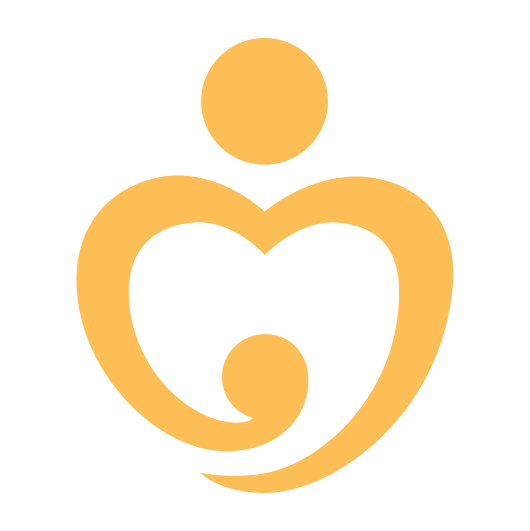
Partner Spotlight:
The DAK Foundation
To increase access to ultrasound scans in rural areas, OHW has been supporting the Government of Nepal’s efforts to expand rural obstetric ultrasonography (ROUSG) training for SBAs so they can properly manage and refer cases of obstetric complications, ultimately reducing newborn and maternal morbidity and mortality. This program has been made possible by our long-term partner, The DAK Foundation.
With DAK’s support, OHW and the National Health Training Center (NHTC) updated the ROUSG training package for SBAs, which was then incorporated into the national ROUSG training program.
In order to meet the increasing demand for ROUSG training for rural providers in Nepal, OHW and DAK also established the very first ROUSG training site in Karnali Province in partnership with the NHTC and Karnali Provincial Human Resource Development Center.
In an exemplary instance of South-South cooperation, OHW and DAK Foundation have begun an exciting initiative to share and coordinate joint learning and knowledge across other nurse midwife training programs in basic obstetric care ultrasound scanning in Togo, Malawi, Rwanda, Kenya and Uganda. In July 2023, the DAK Foundation invited OHW to a knowledge sharing workshop in Rwanda, where OHW shared our experience of successfully scaling up the ROUSG program in Nepal with other program implementers from these countries. With the support of the DAK Foundation, OHW has established a coordinating body for these partner organizations, and others who are keen to implement similar programs. This coordinating body will provide technical support and programmatic assistance to pilot and scale up nurse midwife ultrasound programs in these countries. This will involve knowledge sharing amongst all the program implementers, evidence-based advocacy as a group, supporting and testing the technical content and training curriculum in different contexts, collective impact measurement, and support for policy engagement and national scale-ups.
Lastly, we are pleased to report that we published a peer-reviewed article assessing the perception of service providers, service recipients, and FCHVs of the ROUSG program. Although some gaps still remain, the ROUSG program was well-received among all study participants. Critically, our results indicate that the ROUSG program increases “access to prenatal care, earlier identification and referrals for abnormal scans, as well as reduced pregnancy-related stress.”



